Zamboanga City: Mindanao's cultural gem boasts over 15 beaches, landmarks, and reserves. Explore Sta. Cruz Island's pink sand, the 1635 Spanish Fort Pilar, and the 12,107-hectare Pasonanca Natural Park. Experience its fusion cuisine, Yakan weaving, and artisanal sites. Discover the unique blend of Filipino, Spanish, and Muslim influences.
Discovering Zamboanga's Beaches
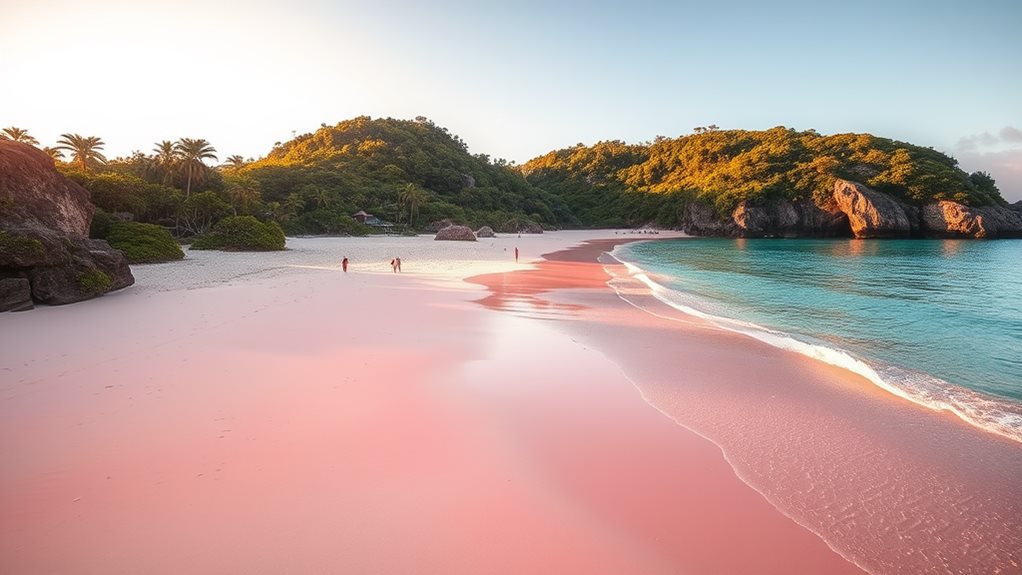
Pink sand from weathered red organ-pipe corals awaits you at Zamboanga City's Sta. Cruz Island. National Geographic (2017) ranked it among the 21 Best Beaches globally.
Explore sandbars, lagoons, and pristine waters ideal for swimming and snorkeling. A strict no-plastic policy maintains its beauty.
Explore the Once Islas' eleven islands and islets: steep cliffs, white sand beaches, and natural pools. Limited to 200 daily visitors, access is restricted to a few islands.
Alternatively, visit Malamawi Beach (Isabela City) or Arcillas Beach (Zamboanga Sibugay) for calm waters and soft sands.
Exploring Historical Landmarks
Zamboanga City's landmarks reflect its diverse heritage and architectural styles. Explore historical forts, buildings, plazas, and museums.
| Landmark | Description |
|---|---|
| Fort Pilar | 1635 Spanish military fortress |
| Zamboanga City Hall | Antillean architecture; American and Spanish influences |
| Plaza Pershing | Open-air park; hosts bazaars and events |
| National Museum of Zamboanga | Regional history and culture artifacts and exhibits |
| Fort Pilar Shrine | Marian shrine dedicated to Our Lady of the Pillar |
Fort Pilar, a 17th-century Spanish fort, houses a National Museum branch and a Marian shrine. The early 20th-century Zamboanga City Hall showcases Antillean, American, and Spanish architectural styles. These landmarks reflect the city's rich past and diverse influences.
Parks and Nature Reserves
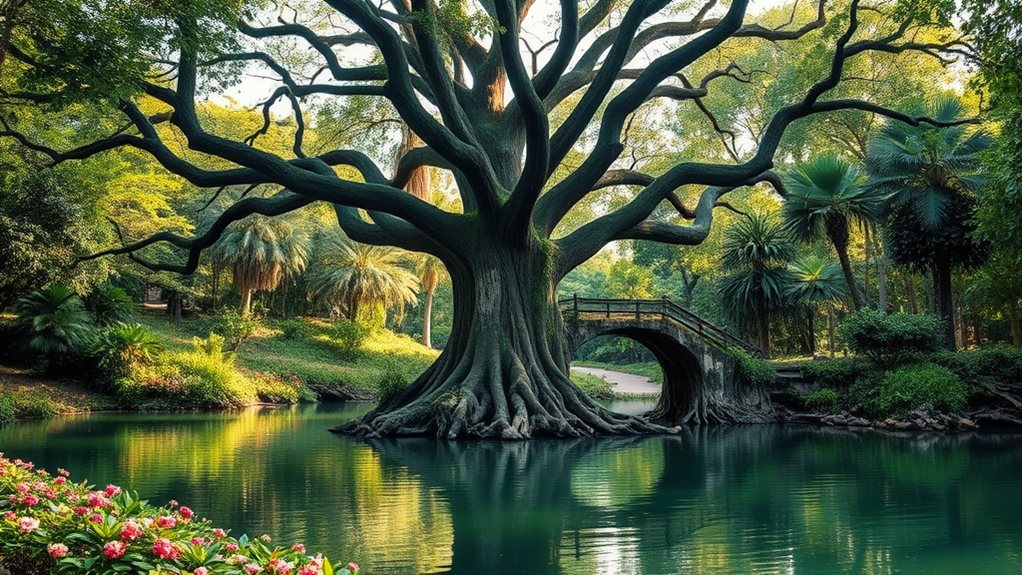
Zamboanga City's Pasonanca Natural Park, a 12,107-hectare protected area with a 5,307-hectare buffer zone in the southern Zamboanga Cordillera, is a vital watershed for the city's 800,000 residents.
Its old-growth and secondary dipterocarp forests—containing Shorea contorta and Parashorea malaanonan—support threatened species like the Mindanao bleeding-heart and Philippine eagle, along with the Zamboanga bulbul and Philippine kingfisher.
Park facilities include a clonal nursery, wildlife rescue center, and resorts.
Highlights include Dulian Falls and a Philippine eagle monument.
Cultural and Artisanal Sites
Explore Zamboanga City's rich cultural heritage at its artisanal sites. Discover the blend of Spanish, Filipino, and Muslim influences.
See Yakan weaving at the Yakan Weaving Village (Basilan). Browse the Canelar Barter Trade Center for batik, sarongs, and Malaysian goods. Local markets offer handicrafts and souvenirs.
Sample Zamboanga's fusion cuisine of Filipino, Spanish, and Muslim flavors.
See the iconic Vinta boats. Visit markets and shops for artisanal goods.
Museums and Educational Sites
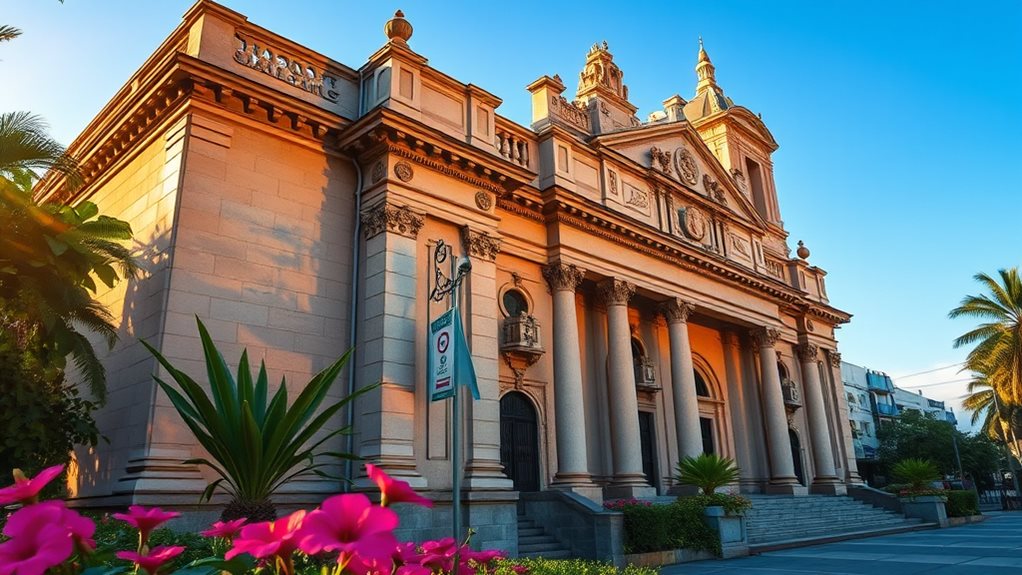
Explore Zamboanga City's history and culture at its museums. The National Museum of Western-Southern Mindanao showcases traditional crafts, ancient tools, and textiles of the region's indigenous cultures.
Guided tours are available.
Fort Pilar and National Museum, a National Cultural Treasure, features marine life, 18th-century relics, and contemporary art, plus a Marian Shrine.
Public transport costs 10-50 PHP.
Entrance is 20 PHP per person, discounted for students.
These museums offer valuable insights into Zamboanga City's history and culture.
Underwater Adventures
Explore Zamboanga City's underwater world after visiting its museums. Dive into crystal-clear waters teeming with diverse marine life.
- Dive Safari: Part of the Verano Festival, explore Zamboanga's pristine marine ecosystem.
- Sta. Cruz Island: Pink sand beach, mystical lagoon, ideal for swimming and snorkeling.
- Once Islas (11 Islands): White sand beaches, clear waters, unique rock formations.
- Malamawi White Beach Resort: Scuba diving and snorkeling; diverse marine life, fish, and corals.
Encounter marine creatures, including stingless jellyfish, and discover Zamboanga's unique marine ecosystem.
Sports and Leisure Activities
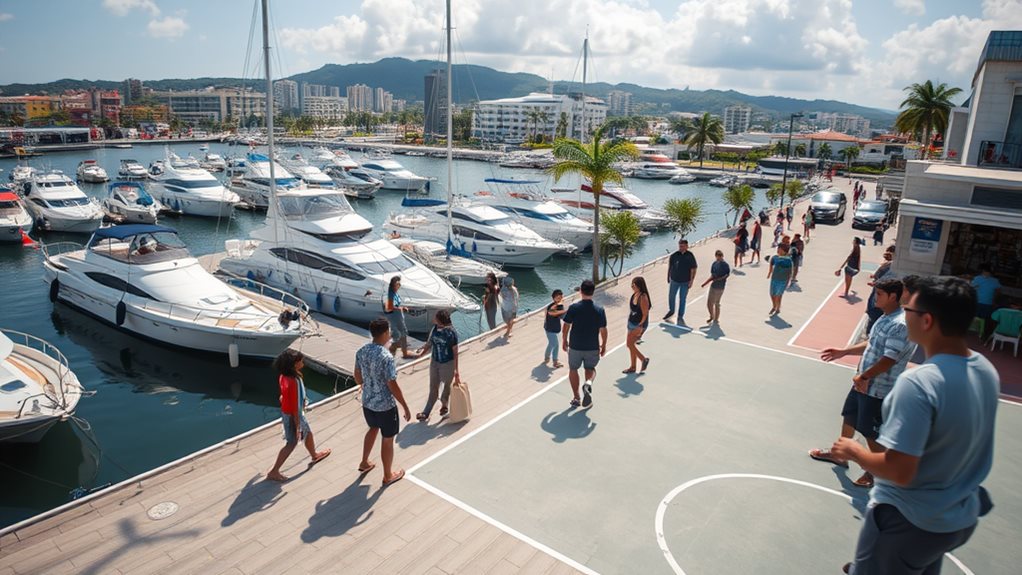
Zamboanga City's lifestyle integrates sports and leisure. The city hosts various events promoting health and community.
| Sports and Leisure Activities | Description | Location/Venue |
|---|---|---|
| ZPRAA Meet | 25 sports, 8 Zamboanga Peninsula delegations. | Joaquin Enriquez Memorial Sports Complex and other venues |
| Annual Sports Fitness and Recreation Program | "A healthy body and mind towards productive employees." | Citywide |
| Community Sports Activities | Badminton, bowling, darts, basketball, volleyball, futsal, swimming. | Various city facilities |
| Joaquin F. Enriquez Memorial Stadium | 10,000 capacity; hosts national events. | Joaquin F. Enriquez Memorial Sports Complex |
| City Sports Activities | Overseen by Dr. Cecil Atilano; involves city council and department heads. | Citywide |
These activities promote health and community. Zamboanga City offers options for all activity levels.
Scenic Hiking Trails
Zamboanga City offers diverse hiking trails.
Zamboanga City offers diverse hiking trails, such as Linabo Peak.
Linabo Peak provides panoramic views, requiring a 3003-step climb.
Mount Timolan, in Zamboanga del Sur, is the region's most difficult trail.
Another hiking option is found in Merloquet Falls, offering scenic trails and waterfalls.
Muti Cogon Hills showcase abundant flora and fauna.
How Does Zamboanga City Contribute to Mindanao’s Cultural and Natural Wonders?
Zamboanga City enriches Mindanao’s identity with its unique blend of Spanish heritage, vibrant festivals, and traditional crafts. Known for its scenic beaches and lush landscapes, it proudly showcases its role in preserving mindanao cultural treasures like the iconic vintas, ethnic dances, and diverse cuisine, making it a true gateway to the island’s wonders.
Experiencing Local Culture
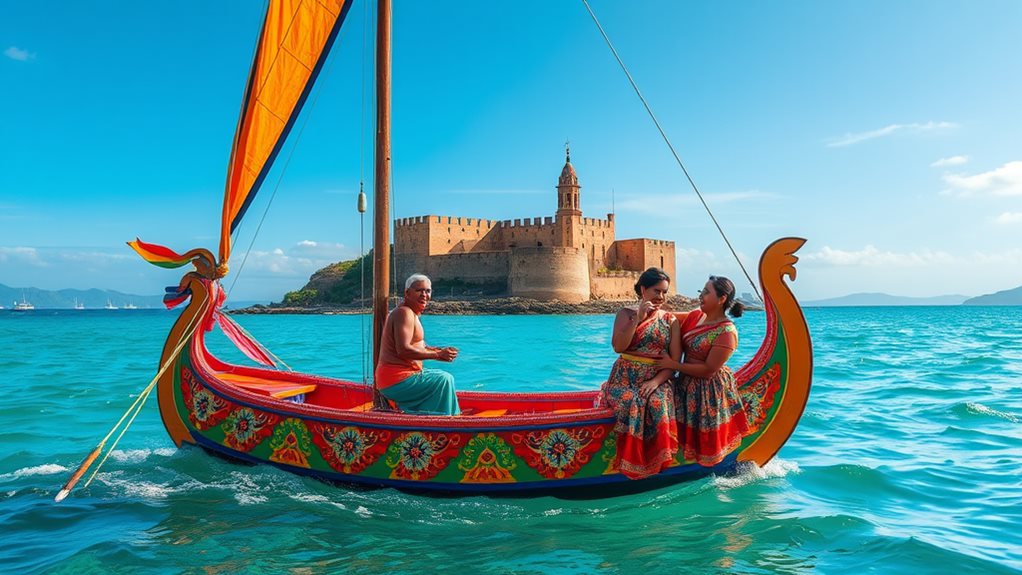
Explore Zamboanga City's cultural heritage. Visit the 17th-century
Fort Pilar Shrine and Museum, a National Cultural Treasure.
El Museo de Zamboanga in Pasonanca Park exhibits the city's history from pre-Hispanic times to World War II.
See the 1635 Metropolitan Cathedral of the Immaculate Conception, notable
for its Romanesque architecture and stained glass.
Experience Yakan weaving at the Yakan Weaving Village.
Find traditional crafts and textiles at local markets.
El Museo de Zamboanga offers cultural workshops.
Explore the Taluksangay Mosque and Our Lady of the Pillar Shrine.
Participate in local events.
Hidden Island Gems
Zamboanga City's hidden islands offer a tranquil escape.
Discover Sta. Cruz Island, ideal for swimming, snorkeling, diving, and featuring pink sand.
Little Sta. Cruz Island, located on the eastern sandbar, boasts fine sand, shells, and corals.
Once Islas, a cluster of 11 islands, offers access to 4 of them. Activities include swimming, sunbathing, and snorkeling.
Bisaya-Bisaya Island is characterized by steep cliffs and a white sand beach.
Book through Zamboanga City's tourism office; respect environmental policies.